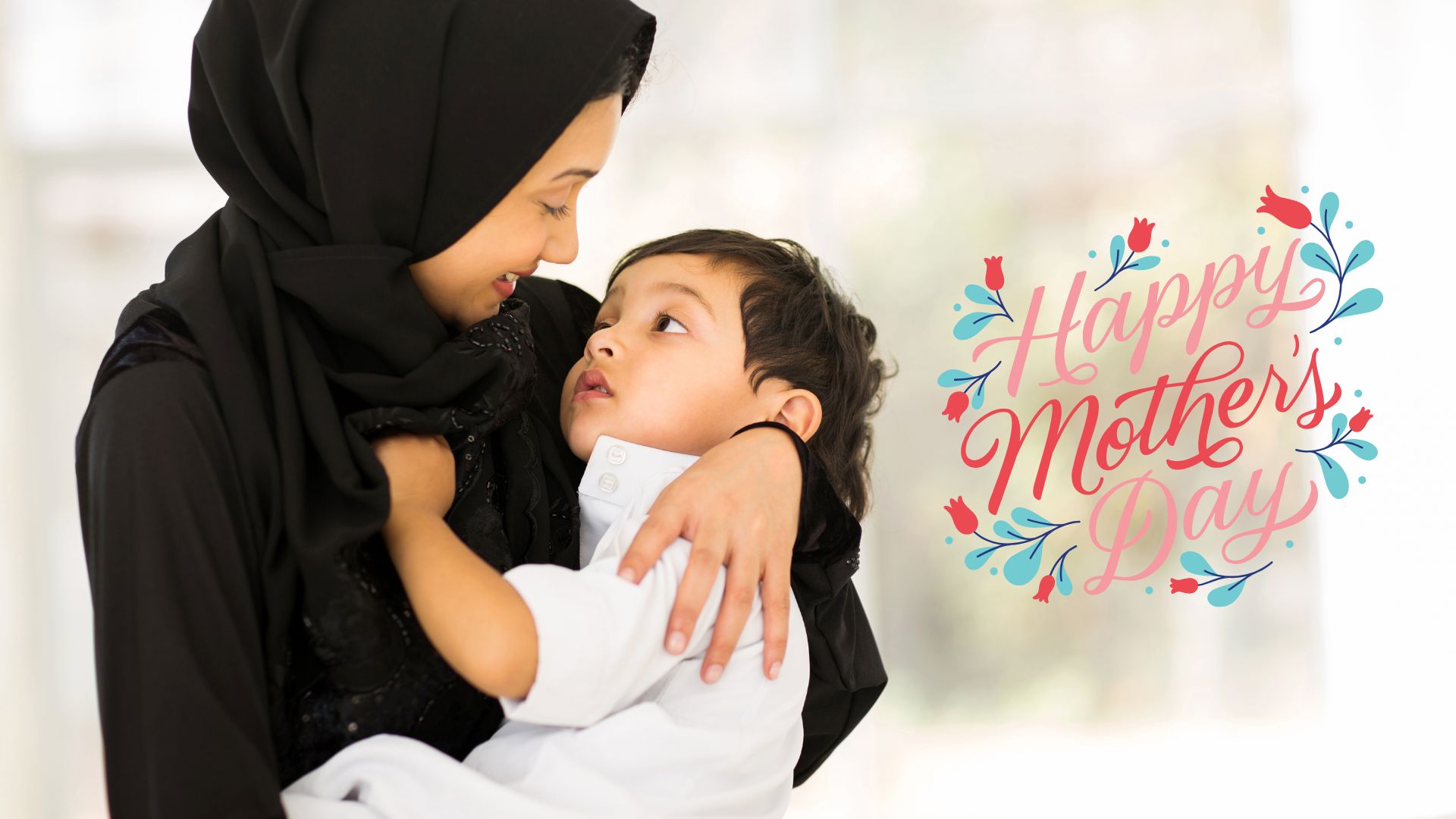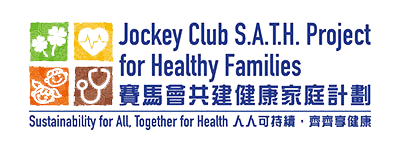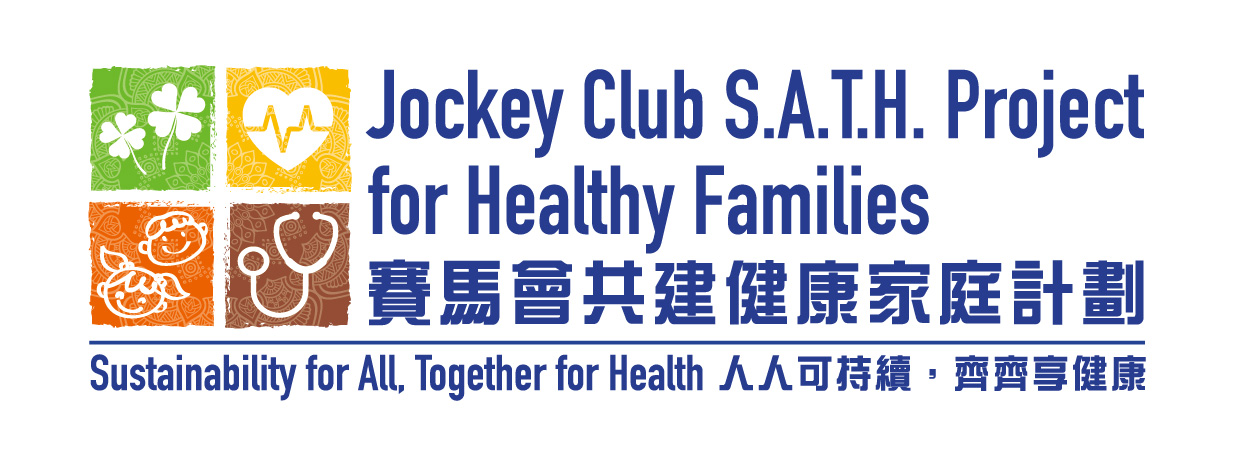Pillars of Strength and Resilience: Honoring Mothers for Their Multifaceted Roles

Hasiba Munir on behalf of the JCSATH project team
Nearly two years ago, a tragedy unfolded in a subdivided flat in Sham Shui Po. A 29-year-old South Asian mother was arrested for allegedly suffocating her three daughters, aged two to five. While authorities cited marital conflict and isolation as the potential reasons, such an incident is a reminder of the marginalization of women in typical communities, such as South Asian. The incident is a reminder of how invisible South Asian mothers can be in Hong Kong.
Mothers are pillars of strength, nurturing their families while contributing invisibly to the fabric of society. Yet their emotional and physical labor often goes unseen. Motherhood, for them, is not merely biological; it is shaped by cultural expectations that place them at the centre of caregiving. They shoulder responsibility for their children’s health, education, and emotional well-being. At the same time, they are daughters, wives, and sisters, fulfilling roles defined by long-standing norms of duty, sacrifice, and selflessness. These layered responsibilities can strengthen family bonds, but they also bring immense pressure.
And that pressure has consequences. Research by our JCSATH team in the Journal of Migration and Health found that nearly 60% of South Asian women in Hong Kong suffer from anaemia. The causes are not solely biological. Language barriers, cultural stigma, and lack of accessible healthcare information often prevent women from seeking care. Notably, according to the research, each additional household member was linked to an 11% increase in the odds of severe anaemia. This reflects the cost of caregiving, including repeated pregnancies and prioritizing others’ nutritional needs over their own.
Like South Asians, all mothers can face such issues. As Mother’s Day approaches, it is a time not only to celebrate women’s invaluable contributions, but also to confront the health inequities they endure. Empowering mothers to access quality healthcare, assert their needs, and safeguard their well-being is vital, not only for their families, but also for the resilience of our entire society.
Therefore, culturally tailored, gender-sensitive health programs should be implemented, with funding allocated to multilingual outreach efforts and the placement of trained female health navigators in district health centres. Meanwhile, social welfare, housing, and community capital-building initiatives should be designed to ease caregiving pressures by enabling caregivers to reclaim time for themselves and access nutrition, chronic disease management, and preventive health services without guilt or added burden.
To all the mothers: you are seen. You are the quiet force behind our communities. Your strength, care, and resilience deserve not just celebration but recognition, support, and care in return.
Reference:
Chung, G. K., Sharma, B., Vargas, D.C., Lee, W., Sun, K. S., Hung, H., Munir, H., Pun, S., Sharif, M., Tong, L. S., Tang, T. L., Chio, M. H., Wong, C. Y., Wong, E. L., Dong, D., & Yeoh, E. K. (2025). Prevalence and determinants of anaemia in South Asian diaspora women residing in Hong Kong: an exploratory cross-sectional study. Journal of migration and health, 5, 100086. https://doi.org/10.1016/j.jmh.2025.100312
The Jockey Club S.A.T.H. Project for Healthy Families aims to provide culturally appropriate health assessment, information, and empowerment for multicultural communities, while also building capacity in the healthcare and social care sectors to promote inclusive and sustainable health for all in Hong Kong

